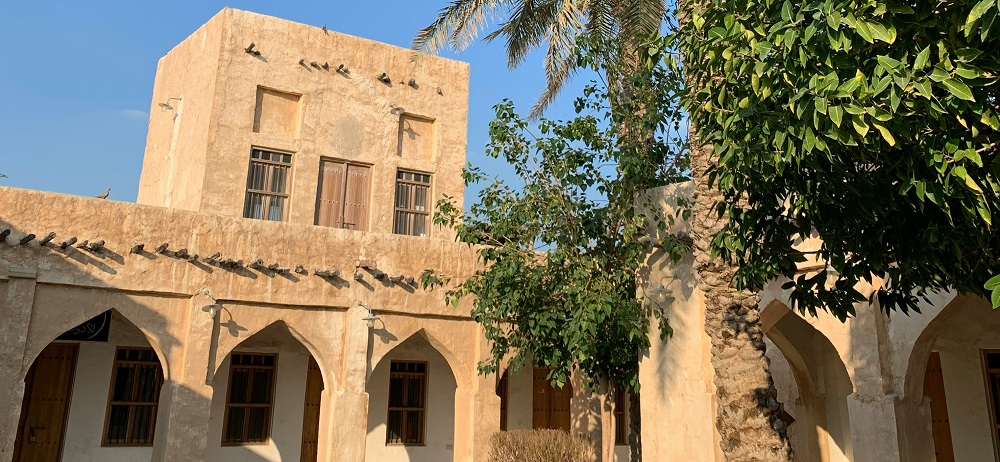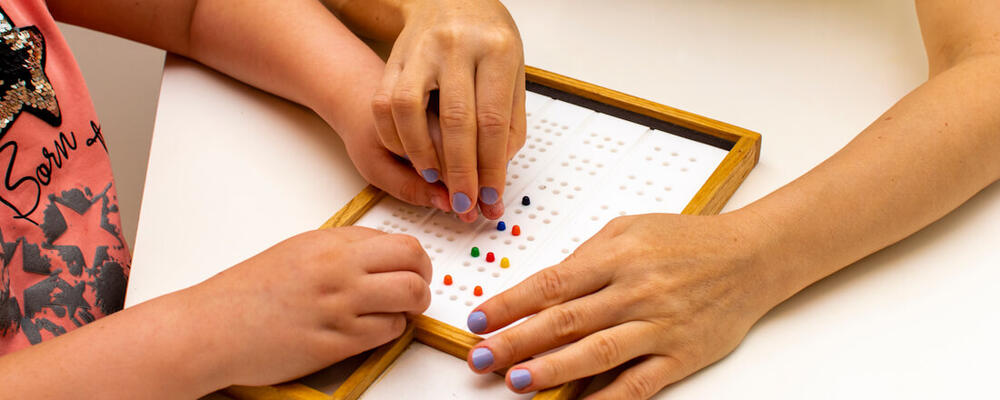Located at the northern end of the Persian Gulf, Kuwait is an Eastern Arabian country with a mix of landscapes. You’ll find vast stretches of the Arabian Desert, a modern skyline in Kuwait City, and beautiful coastlines. If you move to Kuwait, you’re sure to have a unique expat experience.
Living in Kuwait as an expat
More than 70 percent of Kuwait’s population is made up of expats, so you’ll have plenty of chances to meet people and make friends, helping you enjoy a better quality of life. Settling in won’t be hard, as there are lots of expat-friendly housing, healthcare, and entertainment options available.
Kuwait has a rich culture and plenty of historical sites to explore. There’s always something to do, whether it’s visiting large shopping centres like the Avenues Mall, which has cinemas, popular British and American shops, and restaurants. If you’re into adventure, you can go scuba diving, take desert safaris, or visit Failaka Island.
While adjusting to Kuwait’s local culture might take some time, you’ll enjoy the safety, tax-free living, and the mix of cultures from the various expat communities.
Working in Kuwait

Despite its small size, Kuwait is home to the world’s strongest currency, the Kuwaiti dinar. This is largely thanks to its oil reserves, which have, in the past, spurred waves of expats to relocate to Kuwait for work. Today, the job market is broad, ranging from financial and marketing sectors to education and healthcare.
That said, finding a job in Kuwait is becoming increasingly difficult for expats. The governmental plan for Kuwaitisation aims to invest in the local Kuwaiti workforce and limit the number of foreigners allowed to stay in the country.
To legally work in Kuwait, you’ll need a job offer before you can apply for a work visa. You’ll also need to undergo health and criminal checks as part of the visa application process.
Once your work visa application is approved, you’ll receive a No Objection Certificate (NOC), allowing you to enter the country. You’ll need to apply for a Kuwaiti Civil ID within the first month of your arrival; this will be essential for conducting your affairs in the country.
Local culture in Kuwait
You may experience some culture shock when you initially arrive in Kuwait, as the country is Islamic and strictly follows its laws. Despite this, you should always show respect for Arab traditions, including dressing moderately and not displaying affection in public.
That said, Kuwait is not quite as conservative as its neighbour, Saudi Arabia. Arabic is the official language of Kuwait, but English is widely spoken and an official language of business. Although making local friends may be more of a challenge, you should face few problems communicating with locals.
Here, relationships are important in both the workplace and personal life. Try to build strong relationships in all facets of your life in Kuwait, and your expat experience will be greatly enriched.
Accommodation in Kuwait

Accommodation in Kuwait is generally rather expensive, and we suggest that you negotiate a housing allowance with your employers if one is not already included. One positive about housing in the country is that you’ll have a wide range of options.
The construction market is also booming, meaning there are no supply issues in Kuwait. Houses often come fully furnished, but we recommend that you ensure that air-conditioning is included, as summer months can get searingly hot.
Learn more about renting and connecting utilities on renting accommodation in Kuwait.
Cost of living in Kuwait
While tax-free salaries are what may have attracted you to the country, you may need to consider the cost of living in Kuwait, particularly in terms of accommodation and healthcare. Many food items are also imported, which means daily groceries may be pricier than you are used to. In general, though, the high cost of living is balanced out by a high standard of living.
Review our chart of necessities and costs and learn more about managing your money in Kuwait.
Living in Kuwait with children
Family is an important part of Kuwait’s society, so you’ll find plenty of family-friendly neighbourhoods and activities around the country. You’ll also find that you’ll be able to afford luxuries like a live-in nanny in Kuwait, which is quite common among expat families in the country.
The list of international schools in Kuwait is also continuously growing, adding to your schooling options. The country is largely considered safe, and many expats report feeling safer here than in their home countries.
You also needn’t worry about taking care of your children’s health needs, since Kuwait has an extensive and high-quality healthcare system. Health insurance is mandatory in the country, and while the state insurance scheme is available for expats, it does not cover treatment at private facilities. We recommend purchasing a private health insurance policy that covers you and your family.
Healthcare and medical insurance in Kuwait
Finding a school in Kuwait
Public schools in Kuwait are free for all legal residents and citizens to attend, but these schools teach in Arabic, making them largely unsuitable for expats. As such, you’ll likely send your child to a private or international school while in the country.
Receiving an international education in Kuwait is expensive, so you must budget carefully or negotiate an education allowance with your employer to help offset some costs. These schools offer a range of curricula from around the world, including the US, UK, Canada, Pakistan, India and the globally recognised International Baccalaureate (IB) programme.
Find out more about the different international schools in Kuwait and learn how the education system in Kuwait functions.
Getting around in Kuwait

Considering its small size, Kuwait is relatively easy to get around. The country has a bus, taxi, and ferry network that makes commuting convenient, although there is no railway system. Private cars are one of the main forms of transport here.
Driving is generally straightforward, and petrol is much cheaper than in many other countries. Kuwaiti roads can be dangerous, however, and we suggest you remain aware of your surroundings and drive defensively at all times.
Transport and Driving in Kuwait
Climate in Kuwait
The climate in Kuwait may be one of the most jarring aspects of moving to the country, so we recommend thoroughly researching it before making the move. Most of the country’s topography is desert, and the intense summer heat could easily overwhelm many new arrivals.
That said, winter promises far more pleasant, comfortable weather. Although winters are known for being more bearable, temperatures can drop to freezing, so it might be wise to pack some winter coats as well.
Fast facts
Official name: State of Kuwait
Population: Around 4.9 million
Capital city: Kuwait City
Neighbouring countries: Saudi Arabia to the south and Iraq to the north
Geography: Kuwait is a small country with its capital, Kuwait City, located on Kuwait Bay, a natural deep-water harbour. 90 percent of the population lives within the Kuwait Bay coast.
Political system: Constitutional monarchy (emirate)
Major religions: Islam is the main religion. Kuwait is a conservative society that enforces strict Islamic customs. That said, other religions are respected and you can freely practise your religion.
Main languages: Arabic (official) but English is widely spoken
Money: Kuwait's currency is the Kuwaiti Dinar (KWD, or KD), which is divided into 1,000 fils. There are several local and international banks operating in Kuwait, and you can open a local account.
Tipping: A service charge may be added to bills in hotels; if not, tipping is discretionary. Tipping is not expected but is often done out of courtesy, for example, rounding up a bill and giving the change to a waiter, taxi driver or petrol station attendant.
Time: GMT+3
Electricity: 240V, 50Hz. Both the UK-style three-pin and European-style two-pin plugs are in use, with type C and type G sockets.
Internet domain: .kw
International dialling code: +965
Emergency contacts: 112
Transport and driving: Cars drive on the right-hand side of the road, and road signs are in English and Arabic. Visitors need an international driving permit to drive in Kuwait, and those residing there must get a Kuwaiti licence.














